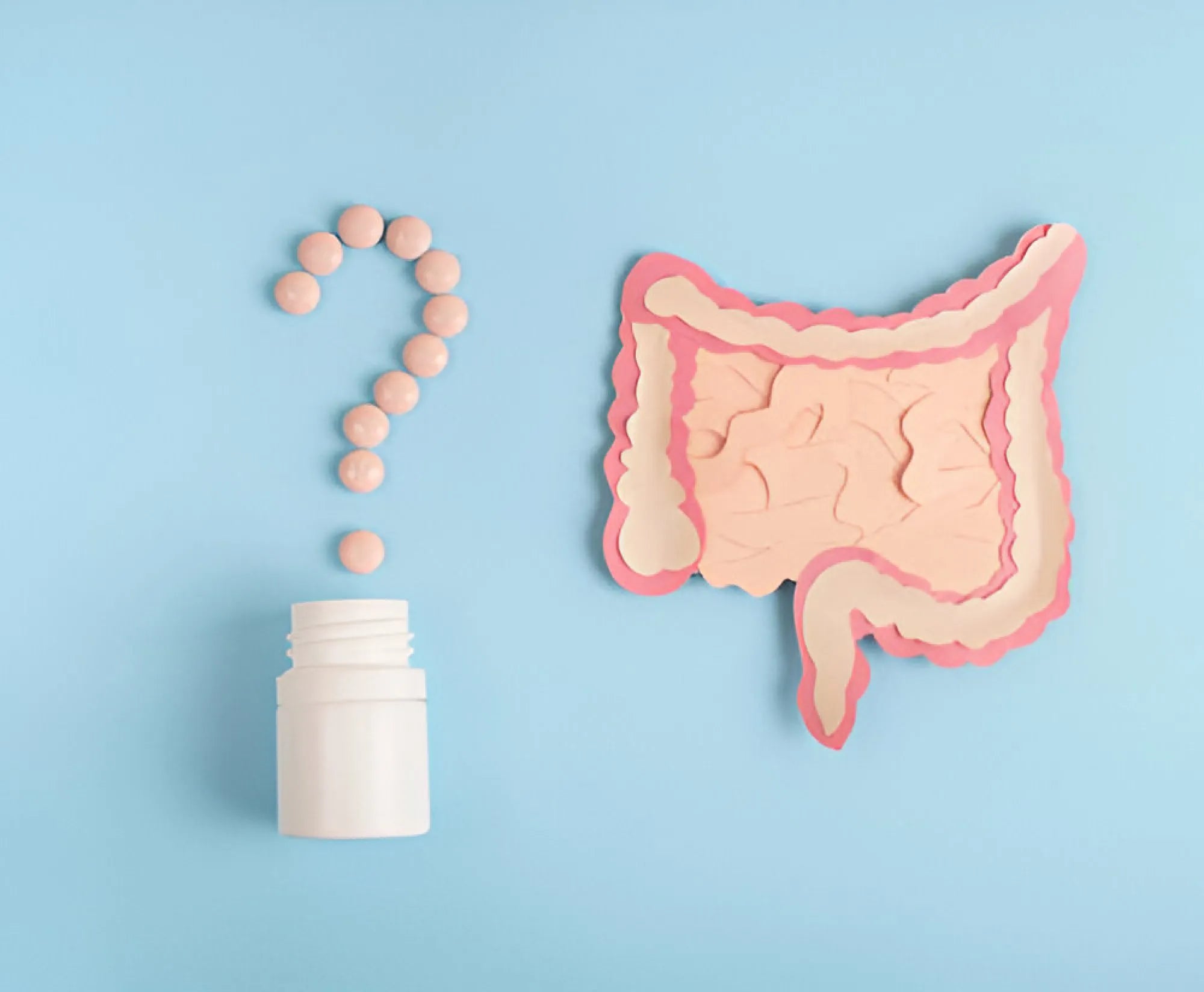Written by PicPax Nutrition
Gut health has become a significant focus in both medical research and popular wellness trends, and for good reason. The gut, often referred to as the “second brain,” plays a crucial role in overall health, impacting everything from digestion and nutrient absorption to immune function and mental well-being.
A key component of maintaining a healthy gut is the balance of bacteria within it, and this is where probiotics come into play. Probiotics are live microorganisms that, when consumed in adequate amounts, can offer numerous health benefits by supporting the gut microbiome.
The Importance of Gut Health
The gut is home to trillions of microorganisms, including bacteria, viruses, and fungi, collectively known as the gut microbiome. This diverse community plays a vital role in many bodily functions
- Digestion and Nutrient Absorption: The gut microbiome aids in the breakdown of food, helping the body absorb essential nutrients, vitamins, and minerals. It also helps in the fermentation of dietary fibers, producing short-chain fatty acids that are beneficial for colon health.
- Immune System Function: A significant portion of the immune system is located in the gut. The gut microbiome interacts with immune cells, helping to regulate immune responses and protect against pathogens. A healthy gut can help prevent infections and reduce inflammation.
- Mental Health: The gut-brain axis is a communication network that links the gut and the brain. Research suggests that the gut microbiome can influence mood, behavior, and cognitive function, with imbalances potentially contributing to conditions like anxiety, depression, and stress.
- Metabolic Health: The gut microbiome plays a role in regulating metabolism, influencing weight management, and reducing the risk of metabolic disorders such as obesity and type 2 diabetes.
How Probiotics Support Gut Health
Probiotics are beneficial bacteria that can help maintain or restore a healthy gut microbiome. They can be found in fermented foods like yoghurt, kefir, sauerkraut, and kimchi, as well as in dietary supplements. Here’s how probiotics contribute to gut health:
- Restoring Microbial Balance: Factors such as poor diet, stress, illness, and antibiotic use can disrupt the balance of the gut microbiome, leading to an overgrowth of harmful bacteria. Probiotics help replenish beneficial bacteria, restoring balance and promoting a healthy gut environment.
- Enhancing Digestion: Probiotics can improve digestion by aiding in the breakdown of food, particularly lactose, which can benefit individuals with lactose intolerance. They also enhance the production of digestive enzymes and support the absorption of nutrients.
- Boosting Immune Function: Probiotics stimulate the production of immune cells and enhance the gut’s barrier function, preventing harmful bacteria and toxins from entering the bloodstream. They can also reduce the severity and duration of infections and may help prevent autoimmune disorders by regulating immune responses.
- Reducing Inflammation: Chronic inflammation in the gut can lead to various health issues, including inflammatory bowel disease (IBD) and irritable bowel syndrome (IBS). Probiotics produce anti-inflammatory compounds and modulate immune responses, helping to reduce inflammation and alleviate symptoms of gut-related conditions.
- Supporting Mental Health: Certain probiotic strains, known as psychobiotics, have been shown to produce neurotransmitters like serotonin and GABA, which are essential for mood regulation. By influencing the gut-brain axis, probiotics can help reduce symptoms of anxiety and depression and improve overall mental well-being.
- Preventing and Treating Diarrhea: Probiotics are particularly effective in preventing and treating diarrhea, especially that caused by antibiotics. They help restore the gut microbiome disrupted by antibiotic use, reducing the incidence of antibiotic-associated diarrhea.
Choosing the Right Probiotic
When selecting a probiotic, it’s important to choose a product that contains strains that have been clinically tested for specific health benefits. Some of the most researched and beneficial strains include:
- Lactobacillus: Known for improving digestion, enhancing immune function, and reducing inflammation.
- Bifidobacterium: Supports gut health by aiding digestion, preventing diarrhea, and reducing the risk of gastrointestinal infections.
- Saccharomyces boulardii: A yeast probiotic effective in preventing and treating diarrhea and promoting gut health.
It’s also crucial to consider the potency (measured in colony-forming units or CFUs) and ensure that the probiotics are stored and consumed in a way that preserves their viability.
Conclusion
A healthy gut is foundational to overall health, influencing everything from digestion to immune function to mental well-being. Probiotics play a vital role in supporting and maintaining a balanced gut microbiome, offering numerous health benefits By incorporating probiotic-rich foods or authentic supplements like those from PicPax into your diet, you can help ensure your gut remains healthy and functions optimally.
Reference:
Hill, C., Guarner, F., Reid, G., Gibson, G. R., Merenstein, D. J., Pot, B., ... & Sanders, M. E. (2014). The International Scientific Association for Probiotics and Prebiotics consensus statement on the scope and appropriate use of the term probiotic. Nature Reviews Gastroenterology & Hepatology, 11(8), 506-514.
Pages You Might Like:
Probiotic Supplements | Collagen Supplements | Weight Loss Supplements | Vitamins for Hair Skin and Nails | Fat Burning Supplements | Multivitamin For Men | Multivitamin For Women



